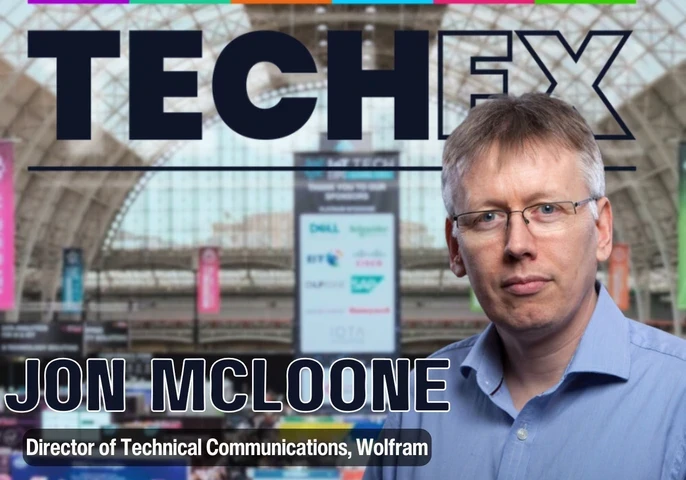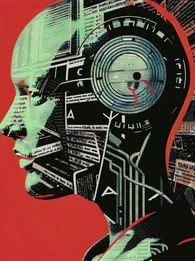Every year, the technology landscape evolves one step further, introducing new concepts for how we live and work. Lately, the pace at which new innovations have emerged into the business and consumer space has accelerated. Experts believe the pandemic and the challenges it posed increased our rate of digital transformation by at least 7 years.
In 2022, we’ve seen the introduction of new realities through XR technology, incredible computing capabilities, and ever-more intelligent tools for business processes and automation. Understanding the benefits of each new emerging technology can help companies to determine whether they should be investing in modern ways to upgrade their business.

Top 10 Emerging Technologies in 2022
Here are some of the most powerful emerging technologies of 2022, and an insight into the impact they’ve had on our world.
Read our Top 10 for the ten Emerging Technologies that Will Change the World







Comments ( 0 )